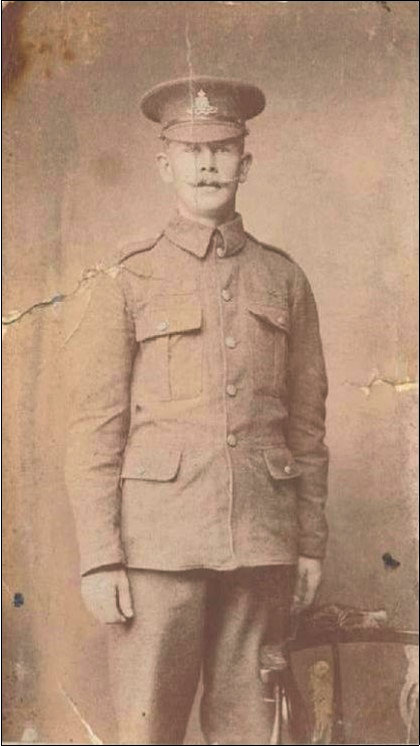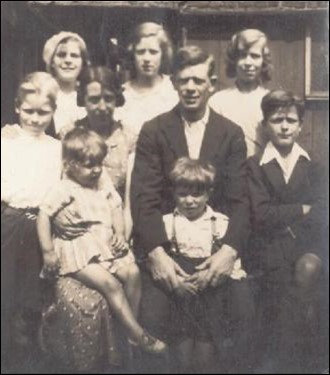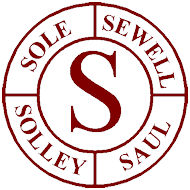By Ian Sewell
This article was published in the August 2014 edition of Soul Search, the Journal of The Sole Society
Henry Sewell was born on 22nd April 1885 to Louisa Sewell in Stratford, Essex – father unknown. Despite much searching I can find nothing in the records for Louisa prior to the 1871 census. Clearly some thing had occurred for her to move from the family home in Stebbing, Essex though curiously I can find no trace of her parents either prior to 1871.
On 2nd August 1886 Louisa married William Reeve, giving birth to Edith in November of that year, the first of 8 children .
In the 1901 census Henry is using the surname Reeve and is living with Charles and Mary Sanders in Bethnal Green, Mary being one of Louisa’s older sisters, with an occupation of Bricklayer. However when Henry married Ada Reese in December 1909 he reverted to his mother’s maiden name, Sewell. Henry and Ada had two children before the war intervened; Ada in 1910 and Flo in 1913.
When the war begun Henry answered the call of his nation and enlisted on 26th August in the Garrison Artillery No. 45639 where his occupation was given as wheelwright’s apprentice. However he was then discharged on 4th December as he was ‘not likely to become an efficient soldier due to two operations on his foot and bone having been removed. His marching powers are limited as a result.’
One would have thought that the war was over for Henry but then a strange thing happened. One week later on the 11th December Henry once again enlisted, this time in the Garrison Artillery No. 132147.

The Royal Garrison Artillery was the branch of the artillery which originally was responsible for the manning the guns and fortresses of the British Empire. In WW1 they expand massively taking over the role of providing artillery barrages with the heaviest guns far behind the main lines. Clearly the need for marching would be limited or Henry was able to convince the recruiters that his disability would not be a hindrance.
Unfortunately the records do not provide much more details on Henry’s time in the forces other than on the 2nd December 1917 he was transferred to the Labour Corps, though he must have some time on leave as Ivy was born in December 1916. One of the tasks of The Labour Corps was that of delivering goods to the front line and undoubtedly Henry’s skill as a wheelwright would have played a part in his transfer.
Henry was demobilised on 9th September 1919 and returned to West Ham and his family and had four more children Henry (1919), Harold (1922), Leslie (1928) – My father and Joyce (1930). Like many soldiers Henry ever spoke of his time in the war, which lead to many of his children thinking he did not fight, nor was his foot ever a hindrance!

